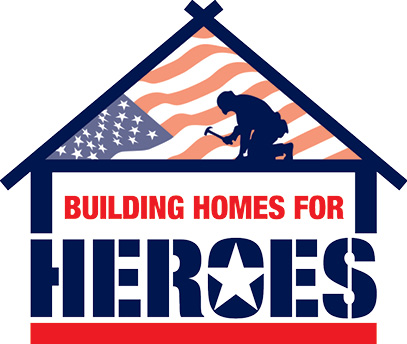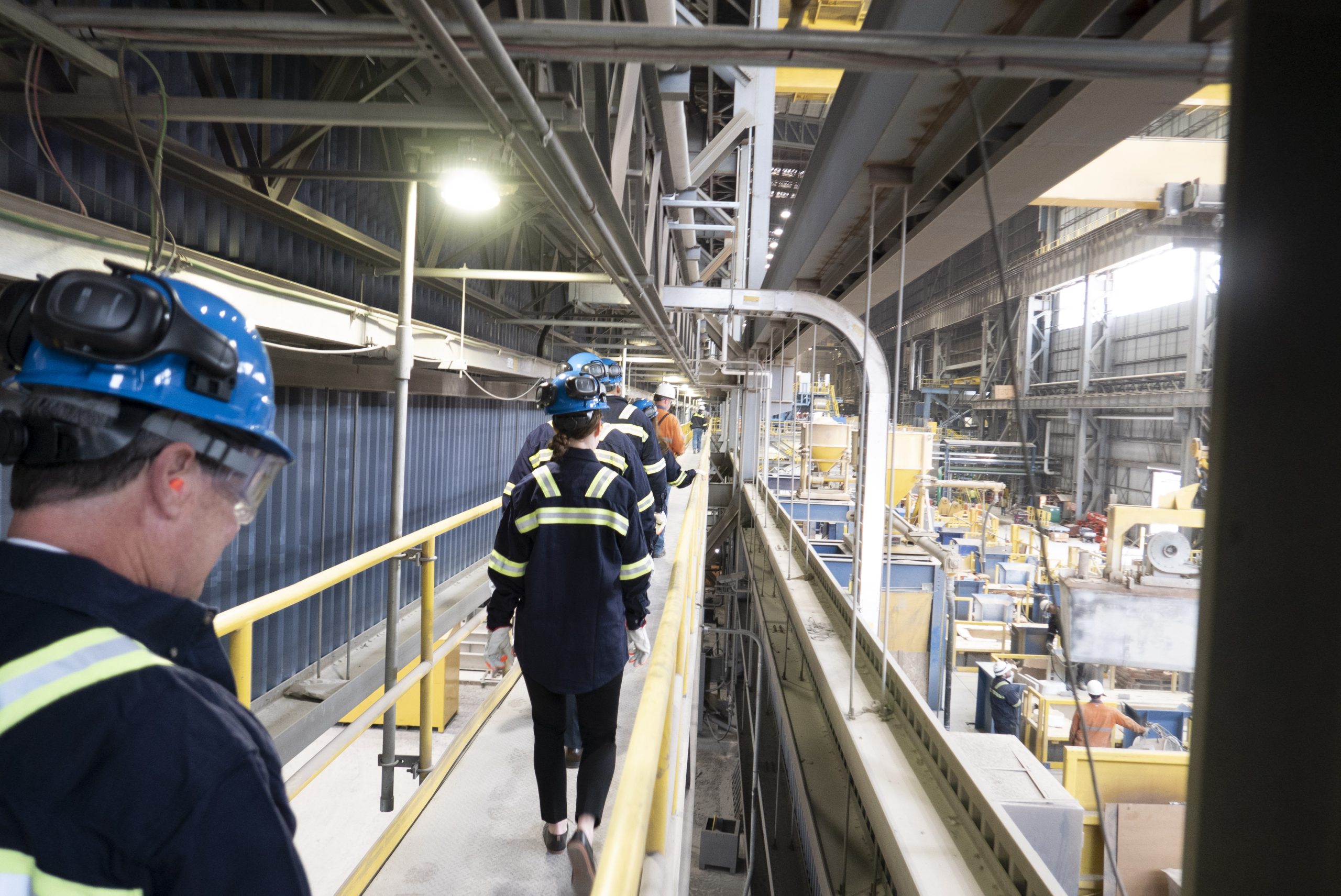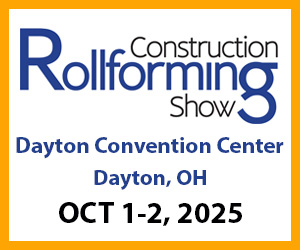■ By Sharon Thatcher and Karen Knapstein
Jim Rogers, Director of Development for the national nonprofit Building Homes for Heroes, will be the keynote speaker for the 2021 Construction Rollforming Show. The show, postponed in 2020 due to COVID-19 restrictions, has been rescheduled for June 3-4 in Cincinnati, Ohio.
Building Homes for Heroes organizes the modification and building of mortgage-free homes gifted to injured veterans and their families.
After a successful career of more than 20 years in the Air Force serving in locations around the globe, followed by nearly a decade of supporting wounded veterans and their families in his current role, Rogers shares this message while speaking to Fortune 500 companies, businesses, organizations and participating in television and radio interviews across the country. He is tasked with helping the organization grow by uniting businesses, organizations and individuals around the common goal of supporting wounded veterans and their families nationwide.
Rogers holds a M.A. in Leadership and enjoys spending time with his family on their 50 acres of natural forested property and restoring his family’s nearly 200-year-old historic farmhouse in the Mohawk Valley in Upstate New York.
Building Homes For Heroes
Building Homes for Heroes was founded by Andy Pujol in 2006, inspired after volunteering in the search and rescue for survivors of the 9-11 terrorist attacks.
According to Building Homes for Heroes Vice President Kimberly Vesey, one day, Pujol heard young veterans talking on the radio about the struggles they were dealing with and decided he would build a home and gift it to a veteran.
Vesey said it took Pujol time to incorporate and find his way, but after that one home was adapted and gifted, he thought, “Why stop now?” So the goals grew, and the organization grew.
Based in New York, Building Homes For Heroes is a 501(c)3 non-profit organization that now serves the entire country. “We’ve gifted homes in 33 states in home gifts and modifications,” Vesey said. “We’re attempting to get to every state; that’s the goal.”
While home gifting is the largest program, Building Homes for Heroes offers many other types of assistance. These additional programs include financial planning, sponsorships for athletic programs, emergency support, and more.
During the COVID-19 pandemic, the non-profit acted quickly and initiated a new program; it sent $500 checks to veterans for emergency funding.
“Psychological wounds cause veterans to fear for their lives,” explained Vesey. Due to COVID-19, those who suffer from PTSD are “afraid now for their spouse, children, and parents. They’re afraid now for the people that they love.”
Partnerships with national distributors are critical for the organization because those companies can ship directly to the building site, Vesey explained. Sponsors who provide materials get deductions for donating products and they are included in the promotional coverage.
At the local level, the organization is dependent on builders and architects to donate labor or time. When a suitable home location has been selected, Building Homes for Heroes partners with local builders and then pulls in those national product sponsors.
Building Homes for Heroes has set the bar high; on average, they seek to gift one home every 11 days. With continued support, the organization hopes to reach its 300th home gift by the end of 2021. RF




















